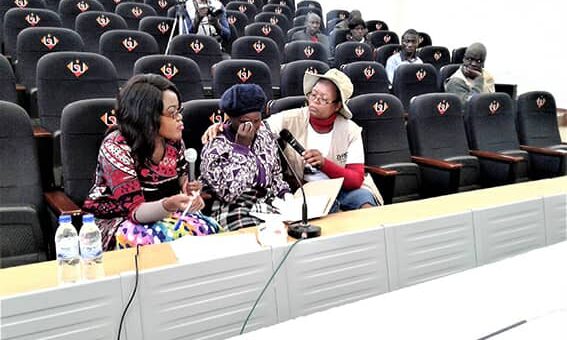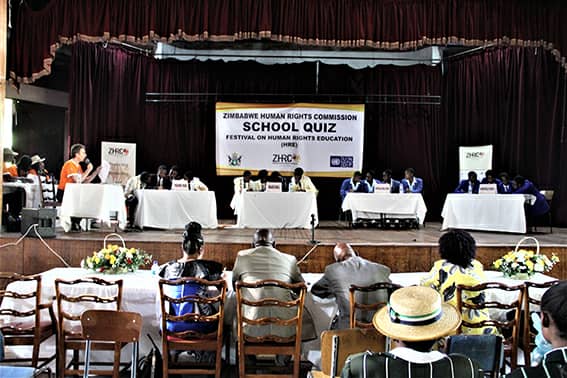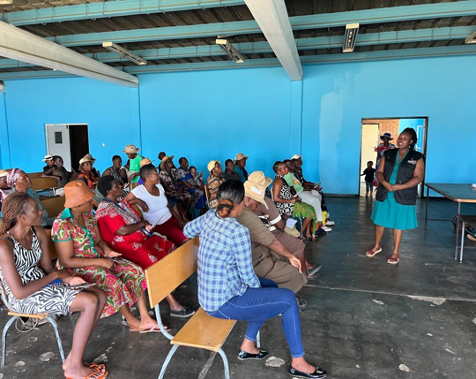COMPLAINTS HANDLING & INVESTIGATIONS
The department is responsible for receiving all complaints of alleged human rights violations that come to the Commission. It is also responsible for making investigations into the reported cases and it can also initiate investigations. This department is also currently responsible for handling matters of public maladministration, a function which was formerly under the office of the now defunct Public Protector (formerly known as the Ombudsman). The Public Protector function will be assigned to a separate department on Administrative Justice as soon as the Commission secures enough resources to establish the new Unit.


EDUCATION, PROMOTION, RESEARCH & ADVOCACY (EPRA) DEPARTMENT
The Education, Promotion, Research and Advocacy department is responsible for developing and carrying out programmes and initiatives for promoting knowledge and awareness of human rights in the country in particular through educational and training programmes, provision of communication, information and awareness about human rights, establishment, development and maintenance of libraries and documentation centres, publication of information, education and communication (IEC) materials for government officials, schools, institutions and the general public, and the conduct of research into human rights.
MONITORING & INSPECTION DEPARTMENT
The Monitoring and Inspections department was established in order to fulfil the provisions of sections 243(1)(c) and 243(1)(k) of the Constitution on assessing observance of human rights and freedoms. In addition, the department monitors and inspects places of detention, refugee camps and related facilities. It is also responsible for visiting and inspecting places where mentally disordered or intellectually handicapped persons are detained. The purpose of such visits and inspections will be to ascertain the conditions under which these various groups of people live and to make recommendations regarding those conditions to the relevant authorities responsible for administering the law.


ADMINISTRATIVE JUSTICE
The Administrative Justice Unit is responsible for protecting the public against abuse of power and maladministration committed by State and public institutions, as well as their officials. It also has the mandate to receive and consider complaints from the public and to take such action in regard to the complaints as Commission considers appropriate. This function was formerly under the office of the now defunct Public Protector (formerly known as the Ombudsman). The protection of the public from abuse of power and maladministration is done through proactive initiatives which include reviewing public institutions’ client service charters, holding stakeholder engagement meetings, conducting administrative justice hearings, producing policy reform advisory briefs, and assessing local authority service delivery standards.
